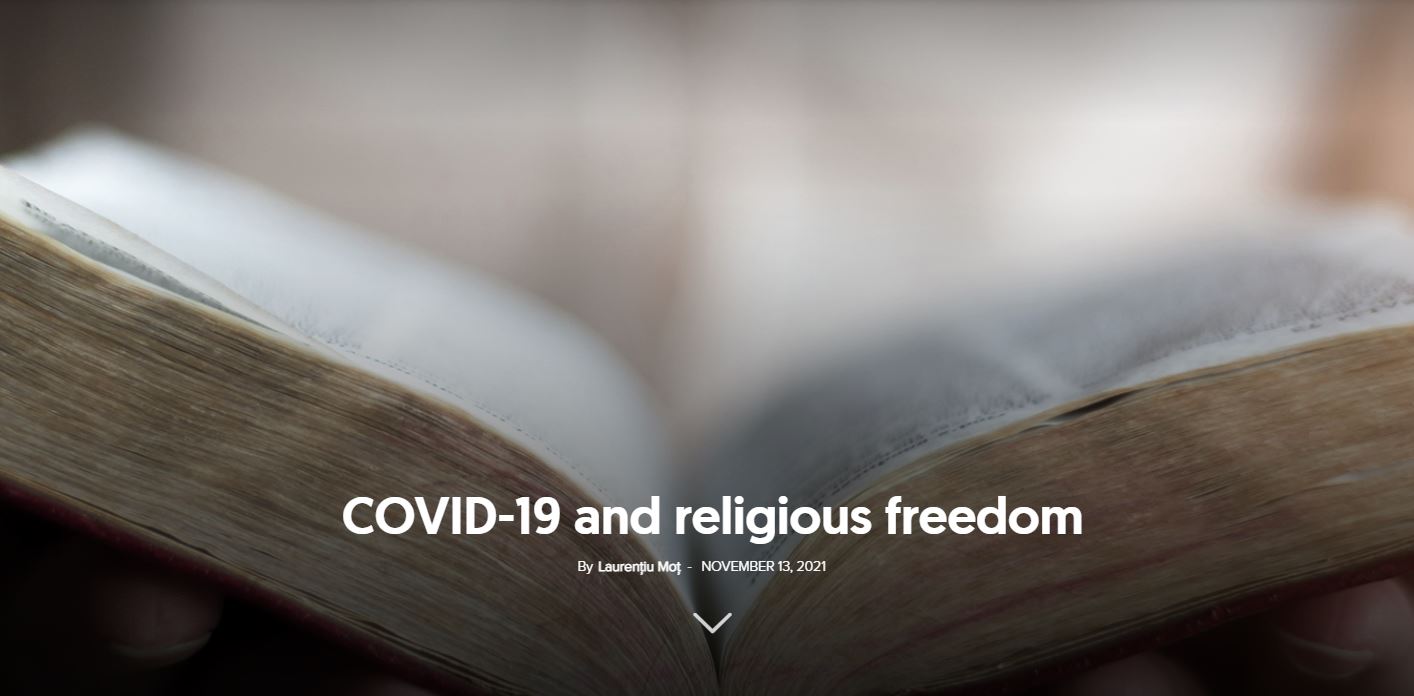At the heart of religious liberty is the issue of worship. Religious liberty is the freedom to worship according to one’s own conscience.
Are COVID-19 health restrictions a violation of religious liberty?
At least seven major factors must be considered when evaluating whether or not health restrictions violate religious liberty:
- Are the health restrictions endorsing if there is a God?
- Are the health restrictions directing us to worship a particular God?
- Are the health restrictions telling us why we should worship?
- Are the health restrictions telling us how to worship?
- Are the health restrictions telling us what we should believe, what doctrines we should follow?
- Are they telling us when to worship?
- Are the health restrictions telling us where we should worship?
COVID-19 and religious freedom
The criteria of “if, who, why, how, what, when, where” are vital components of determining if a law or regulation is a violation of religious liberty.
In the health regulations I am aware of, none of these criteria are met and so in and of themselves these COVID-19 health restrictions do not violate religious freedom.
Brad Thorp is a pastor, executive assistant to the president of the General Conference of the Seventh-day Adventist Church, and the first president of Hope Channel (from 1990 to 2016).




















